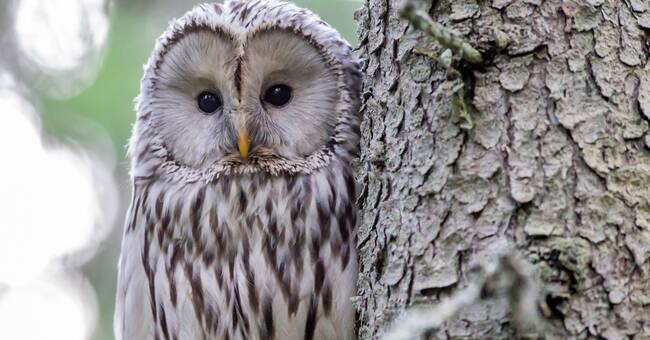The birds in Europe and North America are chirping less and less.
It shows a study published in Nature Communications.
The reason is that the number and species are decreasing - and that birds in urban environments change their sounds.
Created a soundscape
The researchers have combined data on how the number of birds has changed in North America and Europe with recordings of the birds' sounds.
In this way, they were able to put together so-called soundscapes that were used to compare different areas at different times.
In total, over two hundred thousand places have been studied.
- The soundscape is something you put together afterwards, to compare the sound image from the birds between the late 1990s and 2018, says Martin Green who is a bird researcher at Lund University.
When building up the soundscapes, both the number of birds and the number of species have been taken into account.
This has given you a measure of how varied and strong the soundscape is.
General decline - but less dramatic in Scandinavia
The study showed that the number of birds has decreased in number and species.
This makes the soundscape both more homogeneous and quieter.
- If you have a large symphony orchestra with many instruments and performers, you get a richer and larger soundscape - than if you have a single person with their instrument, says Martin Green.
In Scandinavia and in Eastern Europe, on the other hand, the reduction of birds is least dramatic.
- It is connected with where we have the most urbanized parts and where we have the most nature.
In the northern parts of Europe we have more natural environments and thus a smaller change in the number of birds.
But the negative trend can also be seen here, says Martin Green.
Birds in cities can also change their natural sounds to be able to communicate through the city noise.
Important for people
Today, just over half of the world's population lives in cities.
The modern way of life means limited outdoor activities and reduced contact with nature, which is a natural and important part for people to feel good.
Losing the chirping of birds is thus not only a loss for biodiversity - but also a loss for our experience, the researchers say.

